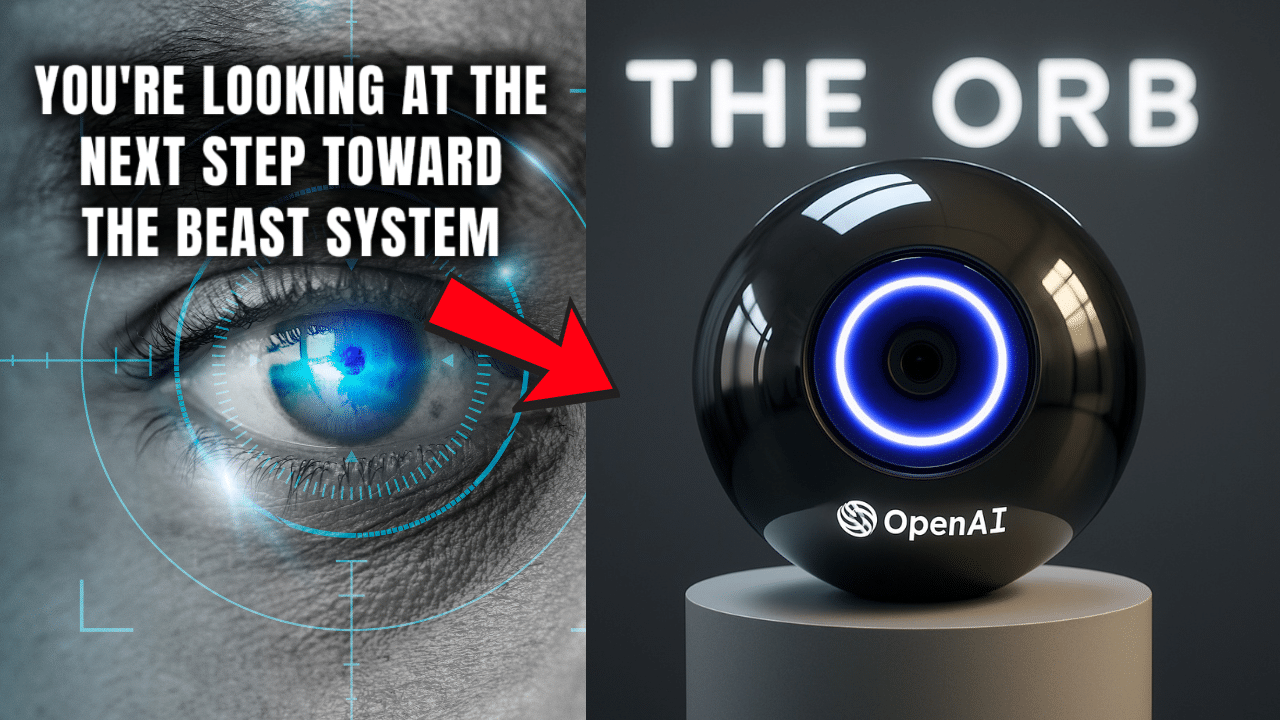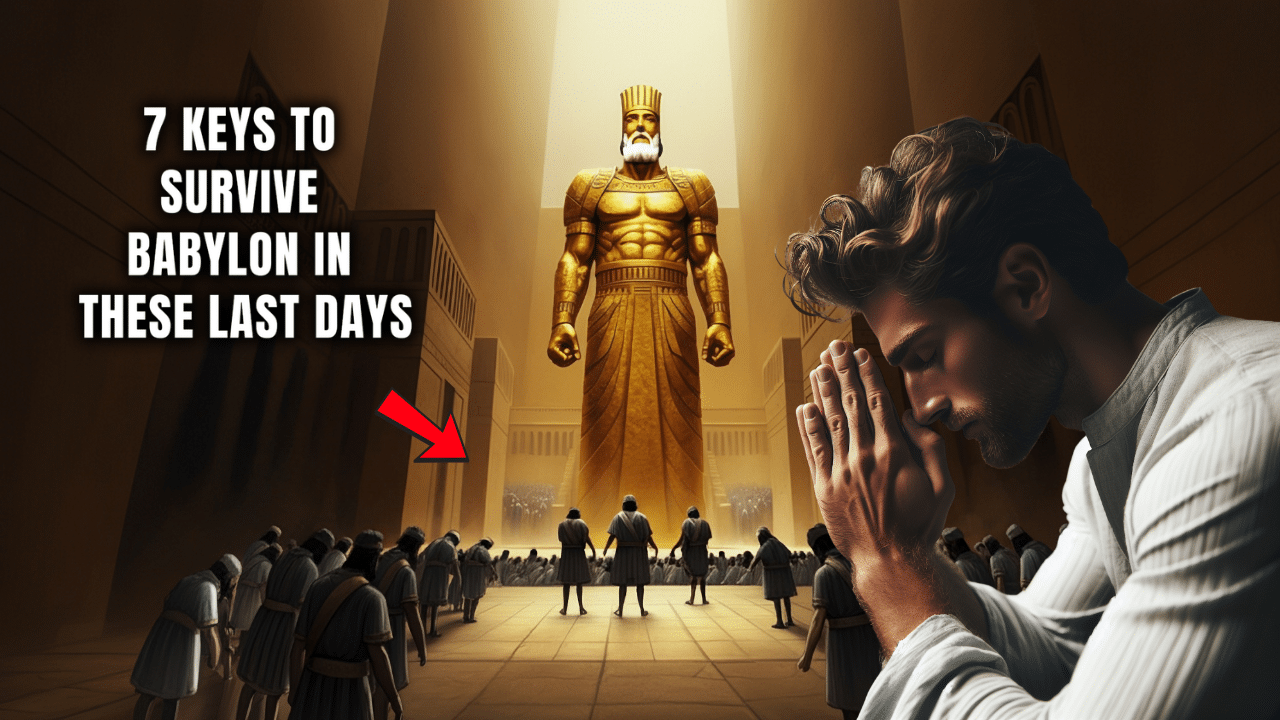When reports surfaced in May that the Supreme Court wanted to overturn abortion rights, many wondered how the late Justice Ruth Bader Ginsburg might have responded. Now, they don’t have to wait. “I think they’re wrong on the law, but on the facts, no,” said a simulation of Ginsburg, who died in 2020, when asked about the Supreme Court’s upcoming decision on Roe v. Wade.
According to MSN News, The answer came not from Ginsburg’s numerous court opinions, but an artificial intelligence model of the late justice released Tuesday. “Whether it’s good or bad, it’s settled, and, therefore, it’s not my business to think about it,” the RBG bot concluded.
The model, called Ask Ruth Bader Ginsburg, is based on 27 years of Ginsburg’s legal writings on the Supreme Court, along with a host of news interviews and public speeches. A team from the Israeli artificial intelligence company, called AI21 Labs, fed this record into a complex language processing program, giving the AI an ability, they say, to predict how Ginsburg would respond to questions.
“We wanted to pay homage to a great thinker and leader with a fun digital experience,” the company says on the AI app’s website. “It is important to remember that AI in general, and language models specifically, still have limitations.”
The tool comes during a fierce argument around the ethics of creating technology that replicates human life, particularly when the humans involved aren’t around to offer input. But its creators argue their invention is a useful and easy-to-use tool to help ordinary people, who might not know much about technology, understand how the field of artificial intelligence is progressing.
“There are not many places where the general public can go and play with real AI,” said Yoav Shoham, co-founder of AI21 Labs. “But now you can.” In recent years, research labs and companies across the world have been racing to build technology that replicates or surpasses human intelligence, offering ways for people examine and interact with their work along the way.
OpenAI, an Elon Musk-backed artificial intelligence company, unveiled a text-generator, called GPT-3 that can write movie scripts and undergirds an image generator, DALL-E 2, which translates text commands into inventive, sometimes psychedelic visuals. In 2020, Shoham’s company created Wordtune, a tool that suggests different ways to write sentences. They followed the release a year later with Wordtune Read, which summarizes the main points of long, dense passages.










